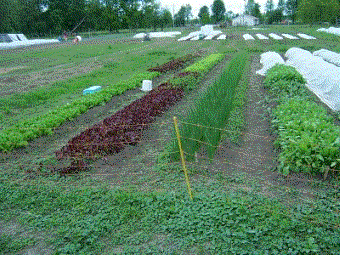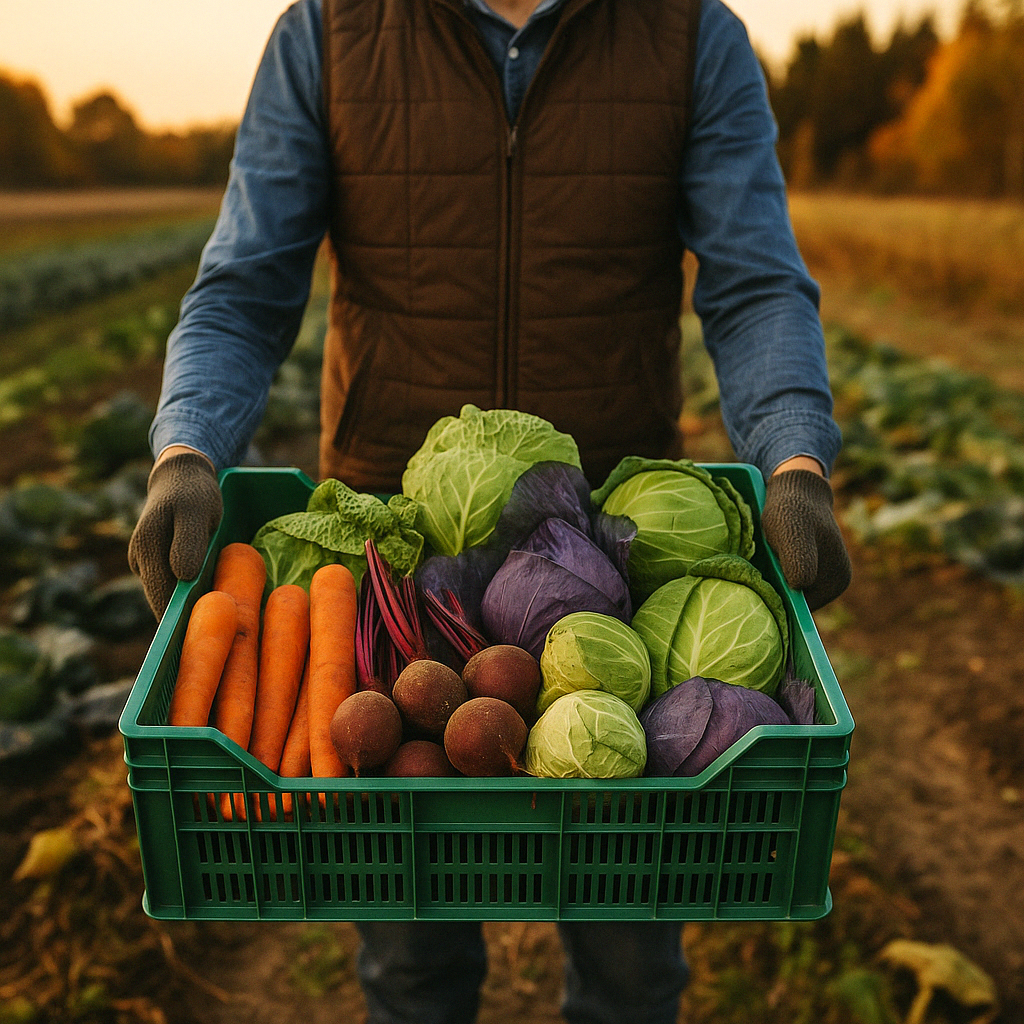Selling to Chefs is a Great Niche - IF You Approach It Right!
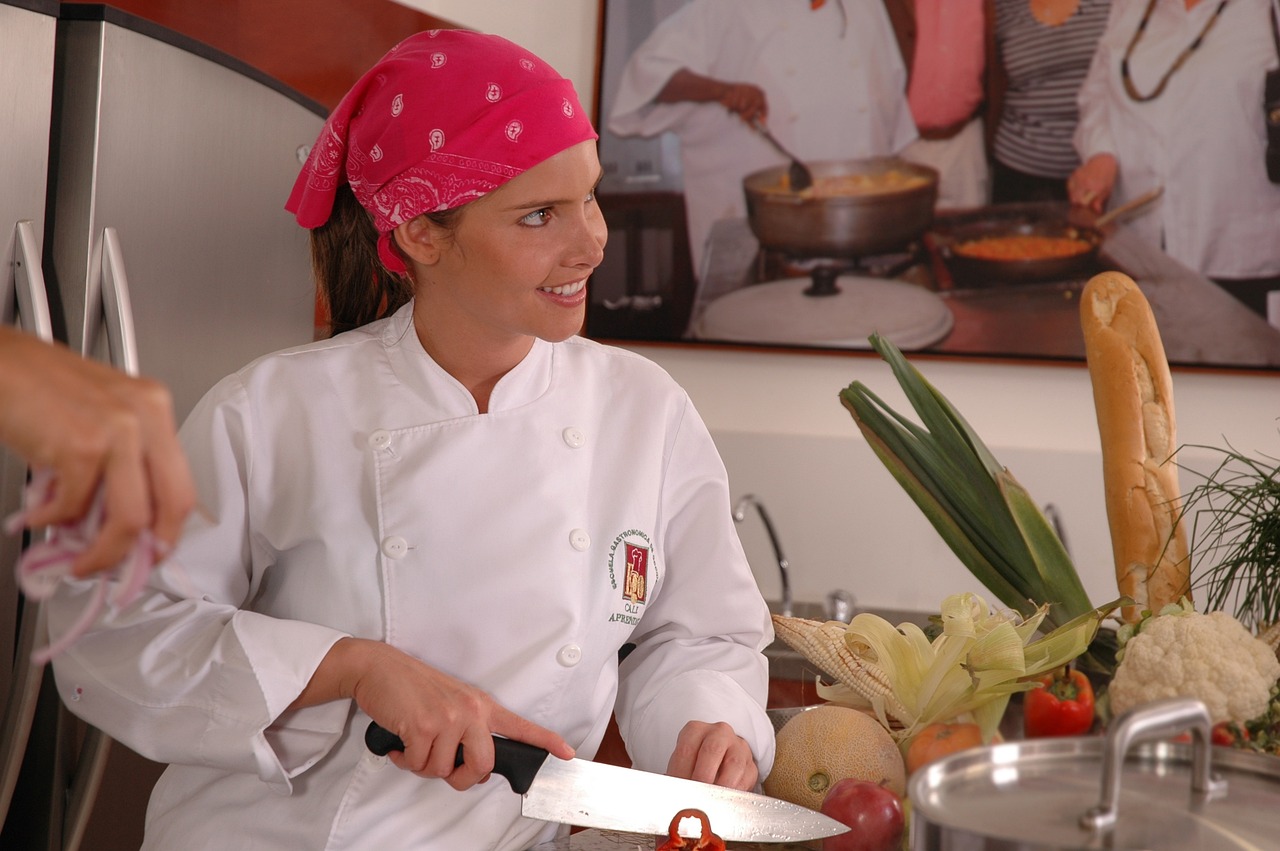 Selling to chefs: She is interested in quality, consistency and price
Selling to chefs: She is interested in quality, consistency and priceI’ve read some, shall we say ‘sub-optimal’, advice when it comes to selling to chefs.
The typical piece will tell you to show up with a boxful of your beautiful vegetables to persuade the chef to buy some.
In my view this is a waste of madame la chef’s time as well as yours.
I’ve sold to chefs at restaurants and schools. Let’s pick apart the typical bad advice and show what I’ve done - successfully – instead.
Selling to Chefs - Timing Is Everything
Sub-optimal approach 1. Make an appointment and show up
on time with your garden goodies in hand.
NOPE! Making an appointment is good, but show up early – a few months early!
Set a time to see the chef BEFORE your season starts. You are initiating a conversation, that hopefully will continue through the season and for years to come.
You open the conversation by finding out what the chef needs that could potentially be supplied by you. You can then adjust your growing schedule to suit.
If you show up in June and find out the chef could REALLY USE purple cauliflower, you can bring him some – in SEPTEMBER, unless you were lucky enough to guess that answer.
This is exactly how I approached my CSA customers. I talked to them well before my season started to find out their preferences.
If they didn’t like beets, but really loved beans, I would bring them none of the former and lots of the latter.
Two big advantages:
1 – I can adjust my garden plan to suit demand;
2 – during that conversation I can find out what ELSE I can sell them.
90% of my eggs, pork, lamb and chicken were sold to my CSA customers just by asking. In effect everything was sold before I grew it.
So use that early conversation to find out what else that chef could use that you can supply.
Selling To Chefs - Samples Are NOT Needed
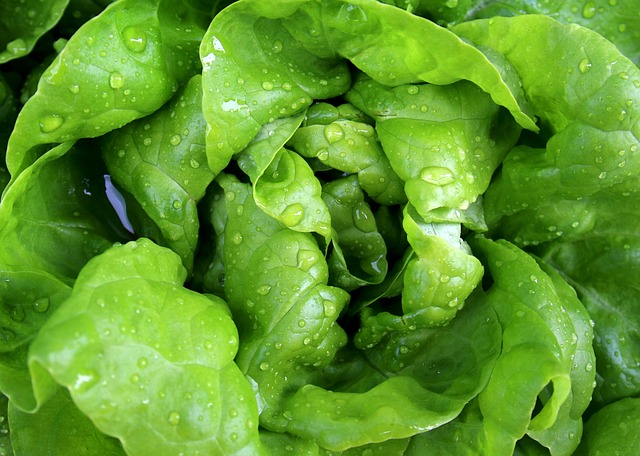 Selling to chefs: This is NOT the head you need to bring along!
Selling to chefs: This is NOT the head you need to bring along!Sub-optimal approach 2. You have to bring samples.
WRONG! Don’t show your chef a head of lettuce, show him you have a head on your shoulders.
Tell him you have looked at his menu and have an idea of his clientele.
Tell him you understand he must be able to justify any purchase financially because that cost will be reflected in his menu prices.
Tell him if you can agree on what you might be able to profitably sell him, it becomes part of your growing plan so he can be assured you will deliver as promised.
Besides, everybody knows what a carrot looks like!
Selling To Chefs: Tell Your Story
Sub-optimal approach 3. Practice your best sales pitch.
UH-UH! Remember this is supposed to be a conversation between two business owners. And the chef needs to gain some confidence you are good to do business with.
Don't practice a sales pitch, practice your story.
Chefs love food, and care about three things: quality, consistency and price. You can mirror those concerns by explaining what you do, but more importantly WHY you do it.
You might call this ‘values-added marketing. Note the plural.
Your values are demonstrated by your actions. Explain your cultural practices e.g. how you grow your garden as naturally as possible, with no harmful chemicals or pesticides.
Explain how you take every care to consistently produce a crop.
I would tell customers ‘I don’t have two gardens; I feed my kids the same food I’ll bring to you’. That’s your best assurance that my food is as safe and healthy as I can make it.
I use raised beds to protect against flooding and drip irrigation to protect against drought. I use row cover to protect against late frosts and insect pests. I use companion planting and crop rotation to ensure soil health.
I have a detailed planting schedule and I start new plants every week to keep the veggies coming.
I have a harvest log so I can keep track of yields and costs to set a fair price for my produce.
And I deliver it to you the same day it is hand-picked, at the peak of freshness and flavour.
The goal of this conversation is to reassure the chef you care just as much as she does about providing good food at a fair price to customers
Summary: Selling to Chefs is a
Conversation
Here’s a sample of how that conversation might go.
YOU: Good morning Chef! My name is Max Microfarmer and I'm a local market gardener. I've seen your menu and read some of your reviews. You have some very popular dishes! I wanted to introduce myself and find out if you can use my produce in your menu.
Chef: Good morning, Max! It's nice to meet you. What do you have to offer?
Max: Well, I grow a variety of fresh, seasonal vegetables and herbs. Everything is grown using organic practices and is picked by hand to ensure the highest quality.
Chef: That sounds great, but I already have a few suppliers that I work with. Why should I choose your produce over theirs?
Max: I understand that you have established relationships with other suppliers, but I believe that my produce offers several unique advantages that could benefit your kitchen. For one, my produce is grown locally, which means that it's always fresh and in season. I can even offer to deliver it to your kitchen straight from the farm, ensuring that it arrives at peak freshness.
Chef: That does sound appealing, but what makes your produce stand out from others?
Max: I take great pride in the quality of my produce. I grow everything with care, paying attention to every detail from the seed to the harvest. I also use sustainable farming practices, which means that my produce is not only delicious but also environmentally friendly. <explain your cultural practices>
And because I grow a wide variety of vegetables and herbs, you'll have access to unique ingredients that you may not be able to find elsewhere. I manage my garden with a detailed schedule that keeps fresh produce coming all season.
Chef: That all sounds great, but I'm concerned about the cost. How does your pricing compare to other suppliers?
Max: I understand that pricing is an important consideration, but I believe that my prices are competitive for the quality of the produce that I offer.
I have a harvest log that I use to track yields and costs for every crop so I can set a fair price. And because I'm a local farmer, I don't have to pay for transportation costs or middlemen, which allows me to keep my prices reasonable.
Chef: Well, you've certainly piqued my interest. Let’s talk about what you can supply.
Max: Absolutely! Here’s my planned harvest schedule, you can see it shows when I expect to have each crop available throughout the season. Since we’re meeting well before my season starts, I can add anything that you don’t see on the list.
<discussion about what the chef might want>
Max: Thank you, Chef. I appreciate your time and consideration. If I can get your email I’ll add you to my newsletter that explains more about our cultural practices and gives you a head-up when crops are actually available.
Chef: Thank you very much. I look forward to trying your produce and potentially working with you in the future.
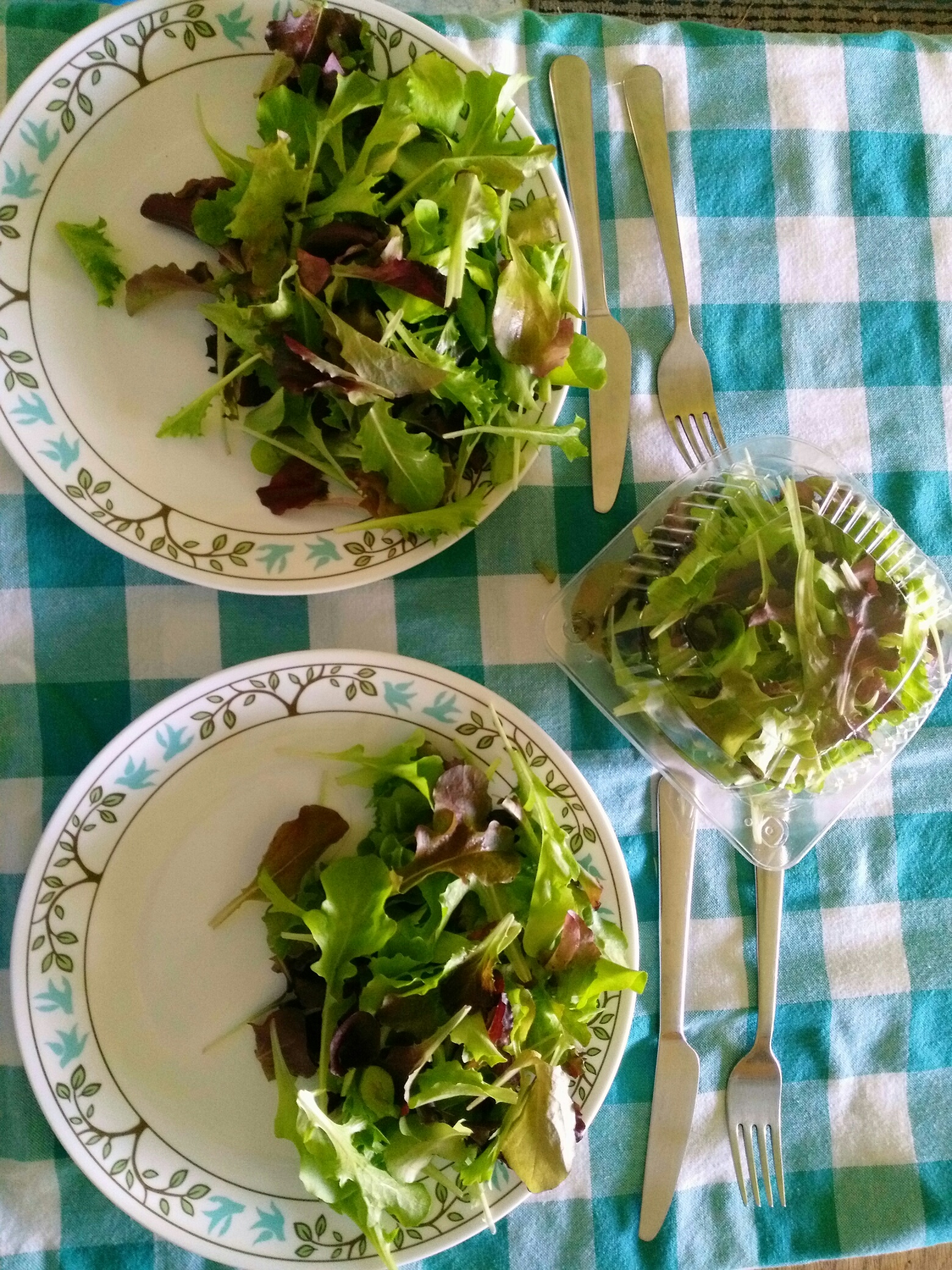 Play your cards right and your salad can be the star of the chef's menu
Play your cards right and your salad can be the star of the chef's menuGot questions to ask, stories to tell?
Share your organic market gardening question, or comment, or story.
- Home
- High Income Garden
- Selling to Chefs
Recent Articles
-
A 52 week harvst to stretch and your income
Apr 16, 25 07:48 AM
A step by step approach to build a 52 week harvest plan for more yield and more income -
Backyard Garden Profits your key to a successful small market garden
Apr 06, 25 05:38 AM
I wrote Backyard Garden Profits for the small grower who wants to launch a successful side hustle gardening for money. Practical actionable advice small-scale growers who want to earn more, waste less… -
Homesteader Book Bundle only from New Terra Farm
Apr 01, 25 04:58 PM
If you have a hankerin' for country living, my best value Homesteader Book Bundle is a great resouirce.
